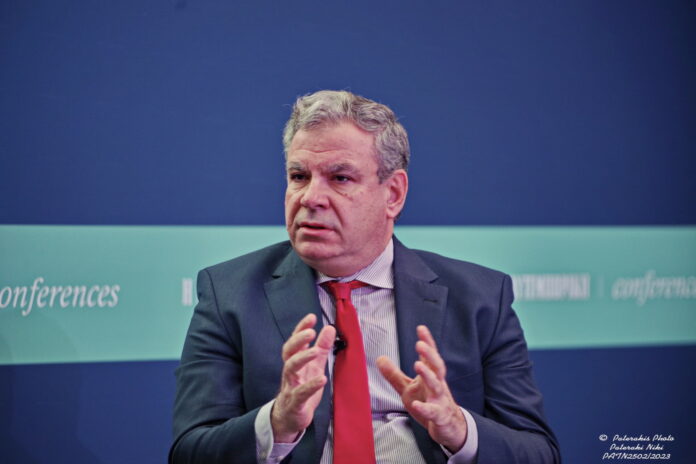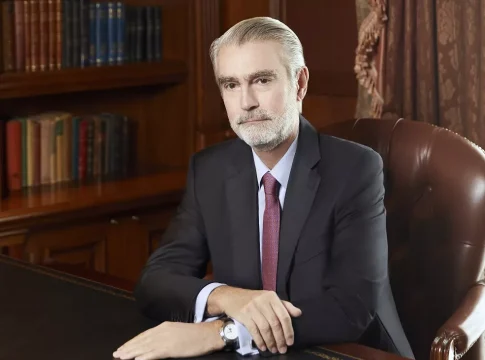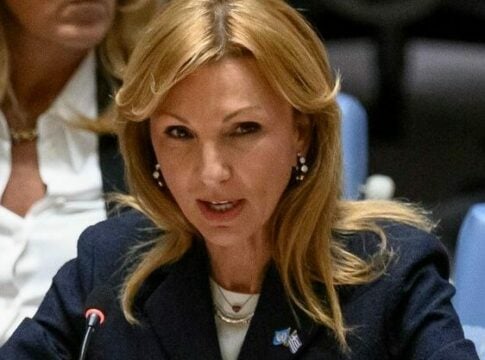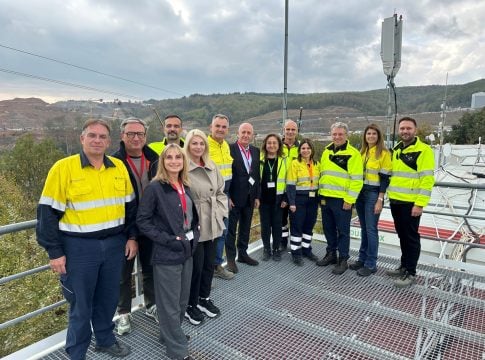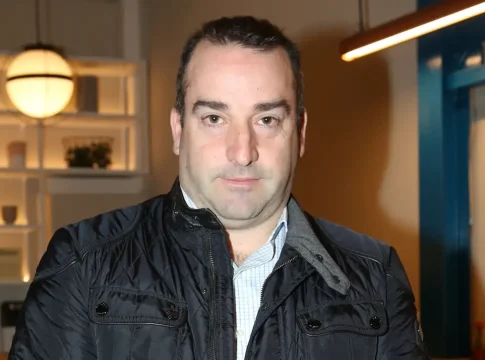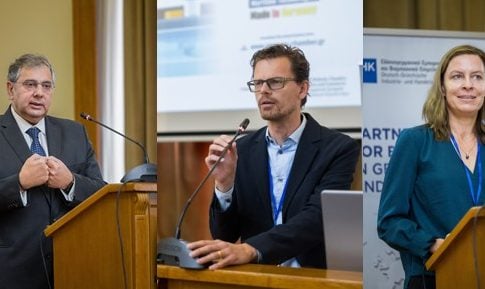The Foundation for Economic and Industrial Research (IOBE) proposed a framework to boost investments, as well as the timely and effective implementation of the loan component of the National Recovery and Resilience Plan. Specifically, during the presentation of IOBE’s second quarterly report on the Greek economy, the Foundation’s director, Nikos Vettas, noted that providing incentives for innovative and productive investments, such as through super deductions, is something he would like to hear from the Prime Minister in the context of his upcoming announcements from the TIF podium.
This observation was made during the publication of the latest ELSTAT data on the first quarter GDP, according to which Gross Fixed Capital Formation (GFCF) decreased by 3.2% annually and by 6.1% on a quarterly basis and, as Vettas emphasized, “we will have to see if this specific finding is temporary or if it constitutes a trend.”
According to him, the field of investments is of key importance for the course of our economy in the medium term and although there has been a significant increase in recent years, at a rate higher than the European average, the accumulated investment gap remains a central problem and investments continue to constitute a smaller percentage of our economy than is required for high growth rates in the future.
In any case, as IOBE pointed out, supporting a new production model, of greater extroversion and innovation, is not possible without investments that will change the mix of businesses and production. At least two conclusions emerge from the most recent trends. First, housing and construction continue to have great importance and, therefore, policies that will strengthen investments in them without returning to an outdated production model are of high priority. Second, despite the positive trend in recent years, their greater strengthening, which is necessary, is conditional on measures to simplify procedures in public administration and remove barriers to entry in product and service markets.
Tax changes
Vettas also highlighted as a priority the removal of excessive tax burdens on salaried labor.
Demographics crisis
Vettas also referred to the demographic crisis, noting that the state must focus on solving this specific problem, by actively supporting Greek families.
As he said, the Prime Minister’s announcements must include measures for this specific problem, citing as an example the lack of public and general nurseries, which results in a large financial burden on families, which often forces one of their members, usually the woman, to leave the labor market. The result of these conditions is obviously low birth rates.
Alarm over tourism
The alarm bell for the course of tourism revenues was also sounded by the president of IOBE Yiannis Retsos. Tourism revenues, if not from this year, then certainly from next year, are expected to be lower, as arrivals are “reaching a ceiling” and average spending is decreasing.
The international economic uncertainty and the wars in the region have an impact on arrivals while special mention was made of the competition exerted by other Mediterranean countries, saying that someone will choose to go on vacation where a better product is offered, at better prices.
To address the looming problem, Retsos proposed that there be a central strategy between the state and the industry and that clear goals be set to strengthen the tourism product.


